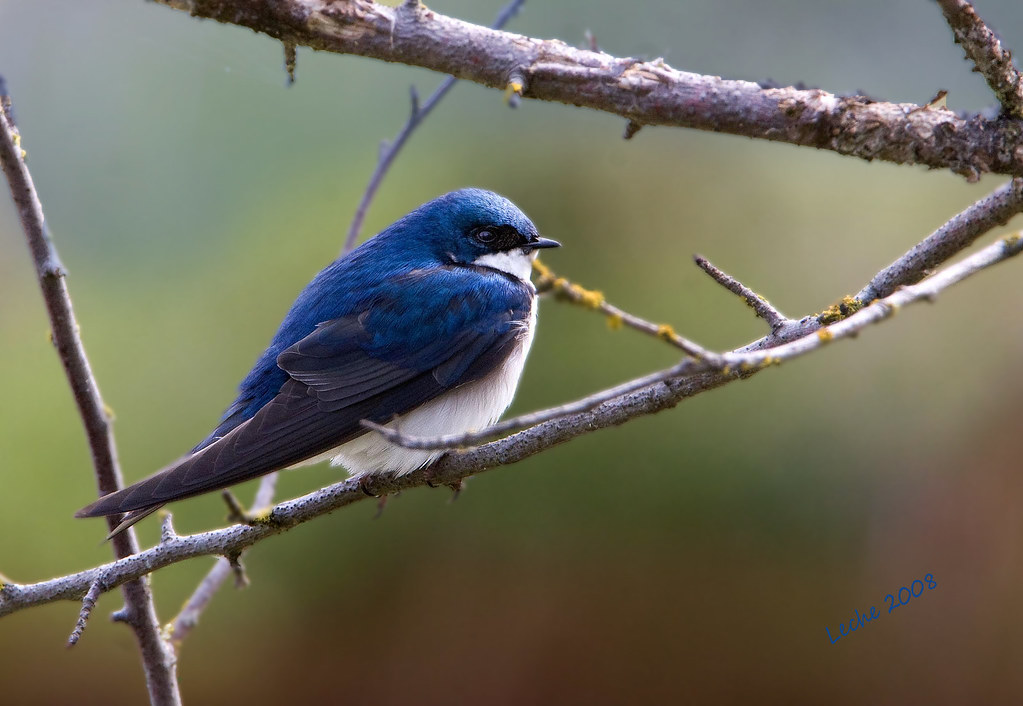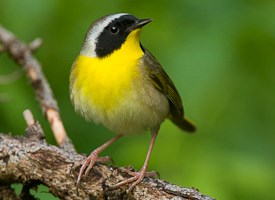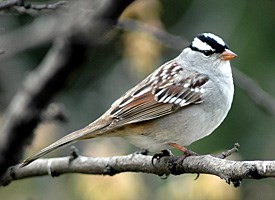We will be conducting our yearly
nightjar surveys between
June 5 – 19, 2014.
For those of you who are unfamiliar with this effort, the Laramie Audubon Society participates in a
National Nightjar Survey that was initiated in 2007 by the Center for Conservation Biology. Nightjars are enigmatic, nocturnally-active birds whose populations are thought to be declining throughout North America. Wyoming has two species of nightjars: Common Nighthawk and Common Poorwill.
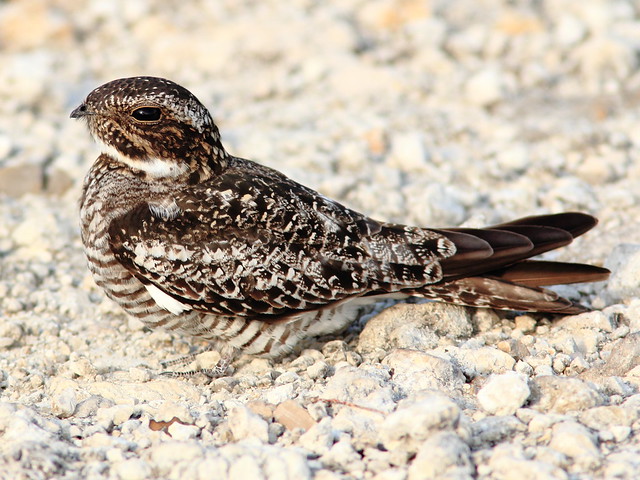 |
| Common Nighthawk. Photo by Kenneth Schneider (Flickr, CC) |
In 2009, Laramie Audubon adopted five survey routes in the vicinity of Laramie and we have been surveying these routes once a year ever since. The night surveys are fairly easy and quite enjoyable. Surveys take no more than two hours and consist of making 10 stops along an established route. At each stop, we count the number of nightjars heard during a 6-minute period and fill out our observations on a data sheet.
It is important to have good hearing to conduct these surveys. Surveys have to take place on a relatively clear night when the moon is more than 50 percent full and when there is not too much wind (these requirements can be challenging for the Laramie area!). Surveys begin at least 30 minutes after sunset and must be completed after moonrise and before moonset. You can do the surveys alone, but it’s easier to work in teams.
If you are interested in participating in these surveys please
e-mail me. For those who would like to participate, I will explain the protocols and data collection, and hand out data sheets, sunset/moonrise/moonset times, and survey route maps on
Tuesday June 3rd at 6 pm in the University of Wyoming Student Union, at the seating area across from the information booth on the main level. If you cannot make this training time but would like to participate, please
e-mail to set up an alternate time to meet me.
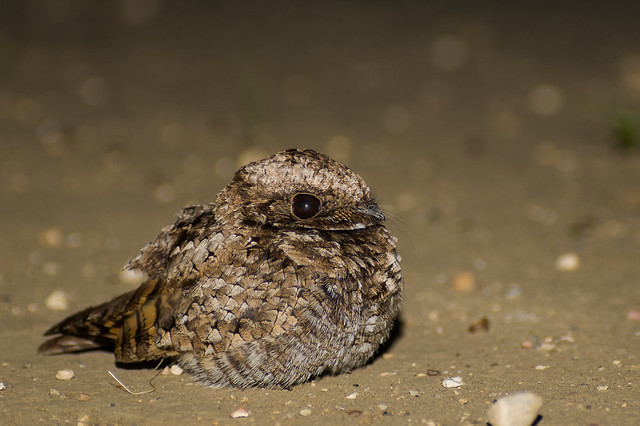 |
| Common Poorwill. Photo by Andy Teucher (Flickr, CC) |
Thanks to those who decide to participate and let’s hope the weather cooperates this year!
Sophie Osborn
P.S. For those who prefer hiking and doing daytime bird surveys, we will be conducting our annual
Brown-capped Rosy-Finch survey on
July 12, 2014 this year. More information about that survey to come soon...








